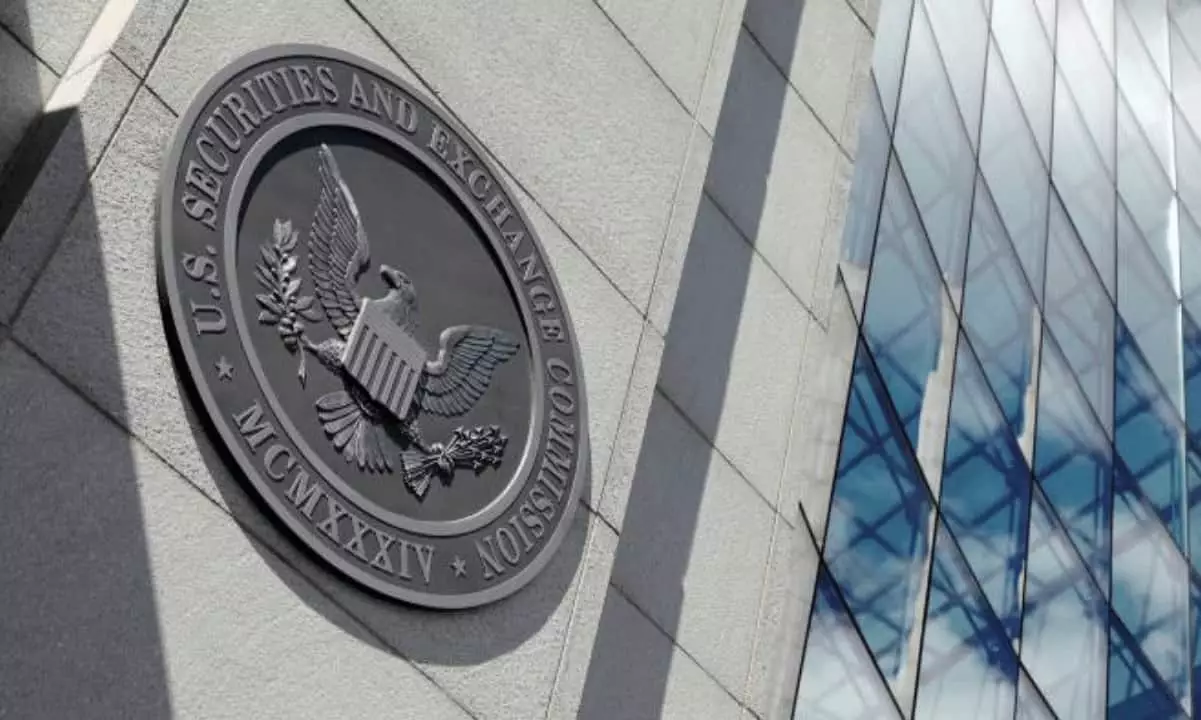In 2024, the U.S. Securities and Exchange Commission (SEC) has taken unprecedented measures in regulating the cryptocurrency landscape, resulting in a staggering $4.7 billion in fines levied against industry participants. This sum marks a phenomenal 3,018% surge from the $150.3 million imposed in the previous year, 2023. The drastic escalation in enforcement actions highlights the SEC’s concerted effort to rein in a sector that has often operated outside traditional regulatory frameworks.
Central to this financial avalanche is the landmark settlement reached in June between the SEC and Terraform Labs, as well as its former CEO, Do Kwon. The $4.47 billion settlement stands out as the largest enforcement action undertaken by the SEC to date, and it was prompted by severe infractions that included misleading investors and offering unregistered securities. Following the catastrophic failure of TerraUSD (UST) and its ecosystem, this case underscores the SEC’s commitment to addressing significant risks that jeopardize market integrity and investor protections.
While the overall number of enforcement actions has significantly decreased from 30 in 2023 to just 11 in the current year, the size of individual penalties has ballooned dramatically. The average fine per case has risen to approximately $426 million, a staggering increase from just $14.71 million in 2022. This pivot signifies a strategic shift by the SEC, as regulators appear more inclined to pursue fewer but more consequential enforcement actions that may set industry-wide precedents.
This shift is particularly evident with the SEC’s decision to impose fines that can exceed $100 million on well-known entities, such as GTV Media Group and fraudsters John and Tina Barksdale. Collectively, this regulatory trend serves as a cautionary tale for companies within the volatile cryptocurrency ecosystem, stressing the importance of compliance and the potential repercussions of circumventing established financial regulations.
Since 2013, the SEC has tallied over $7.42 billion in fines levied against the cryptocurrency sector. Impressively, 63% of this total has been accrued in the current year alone, demonstrating an aggressive ramping up of enforcement actions. The context of previous fines, including a notable $1.24 billion penalty against Telegram Group Inc. in 2019 for unregistered token sales, creates a broader narrative of an increasingly vigilant regulatory approach positioned to reshape the industry.
Moreover, the focus on personal accountability has escalated, with a combined total of $5.08 billion in penalties imposed on both firms and their executives across various cases in 2024. Such stringent measures hold individuals accountable, further emphasizing that both organizations and their leadership can no longer evade financial scrutiny.
With the SEC’s heavy-handed approach in 2024, the future of the cryptocurrency industry faces a complex interplay of increased regulation and compliance obligations. The recent enforcement trends suggest a growing expectation for clarity in operational practices and transparency from companies engaging in cryptocurrency-related ventures. As regulatory frameworks continue to develop, players in this sector will need to adapt swiftly to navigate an environment increasingly defined by vigilance and accountability. Ultimately, the quest for a balanced regulatory approach will not only impact the immediate landscape of digital assets but also set the stage for how these innovations can coexist with traditional financial systems.

